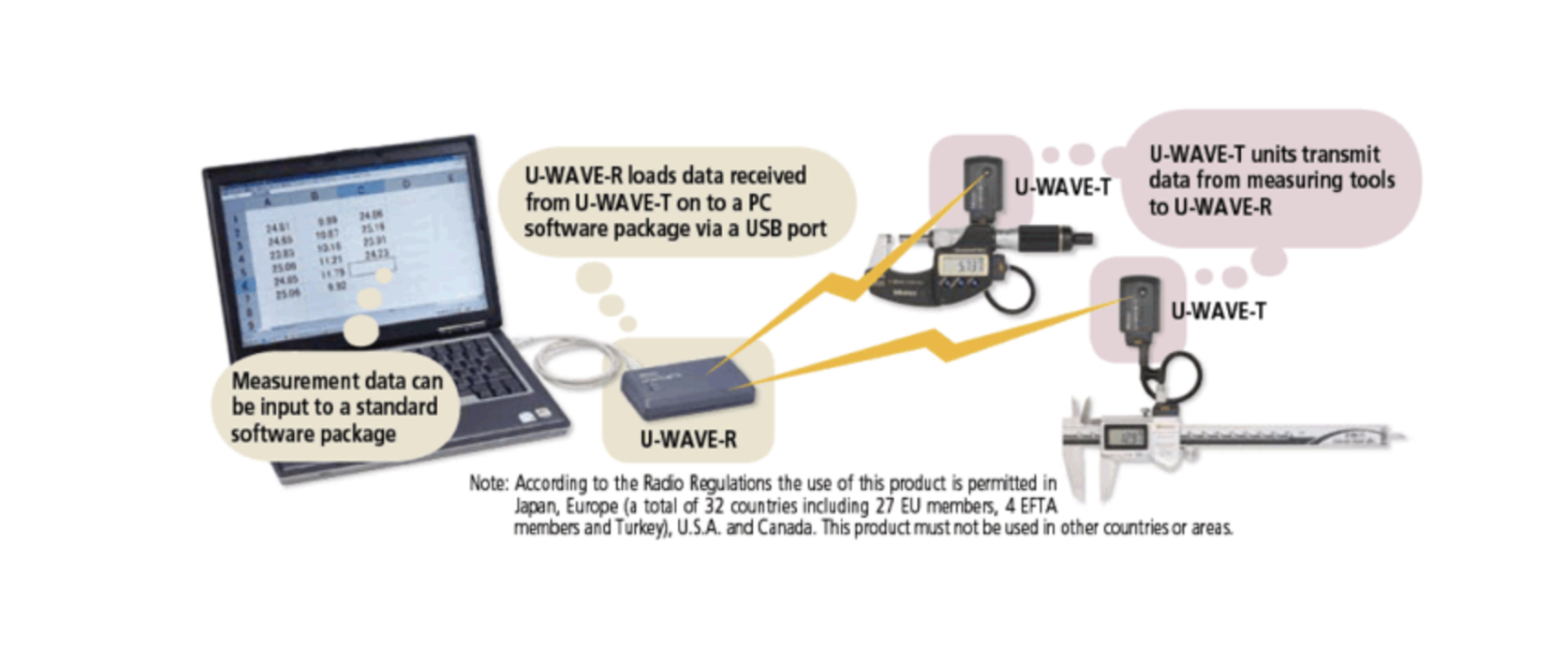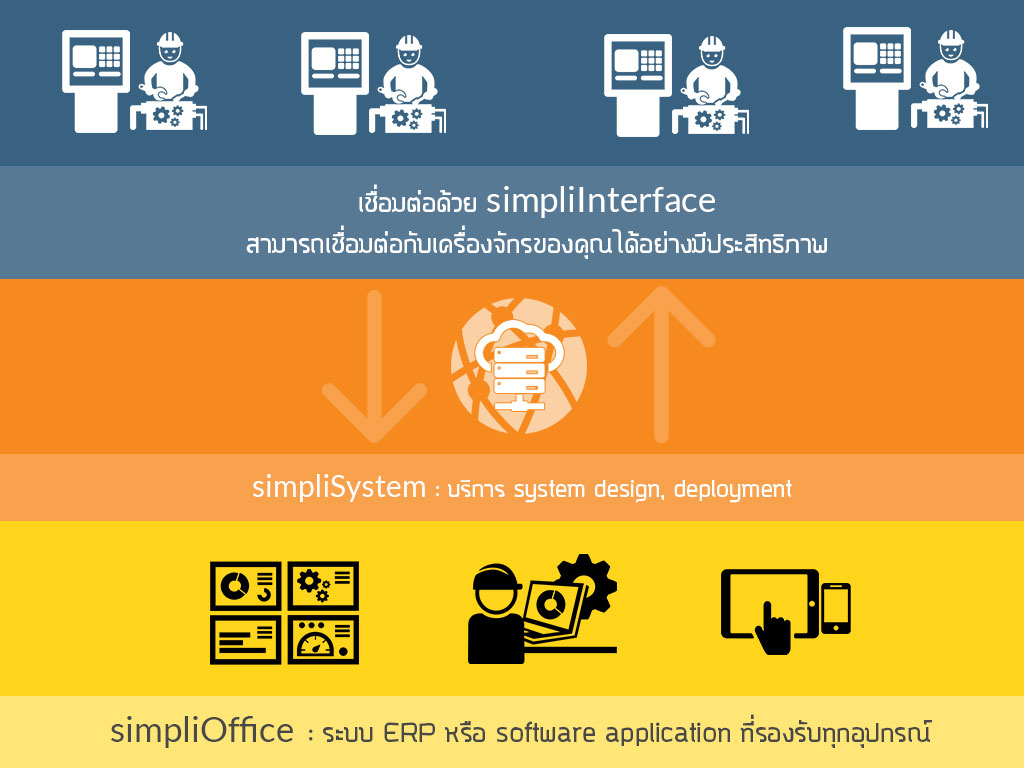How Wazuh Can Help When Scam Victims Are Normal People
In today’s digital landscape, scams targeting ordinary individuals are becoming increasingly sophisticated and widespread. From phishing emails to scam calls and malicious SMS campaigns, the tactics used by cybercriminals often aim to exploit unsuspecting individuals. While Wazuh—a powerful, open-source security platform—is typically associated with securing organizational infrastructure, it can also play a pivotal role in protecting normal people from falling victim to scams.
This article explores how Wazuh can detect, mitigate, and prevent scam activities, ultimately protecting individuals and safeguarding their digital lives.
Understanding the Problem
Normal people often fall prey to scams such as:
- Phishing Campaigns: Fraudulent emails or text messages aiming to steal sensitive information.
- Scam Calls: Fake phone calls impersonating legitimate organizations.
- Smishing (SMS Phishing): Messages containing malicious links or requests for personal data.
- Fraudulent Use of Systems: Cybercriminals exploiting legitimate infrastructure to execute scams.
These attacks may originate from compromised organizational systems or from infrastructure set up by scammers. Wazuh’s ability to monitor, analyze, and respond to suspicious activities can help disrupt these scams at various stages.
How Wazuh Can Help Protect Individuals
Workflow: How Wazuh Detects and Mitigates Scams
graph TD
A[Start] --> B[Collect Logs from Systems]
B --> C[Analyze Logs for Patterns]
C --> D{Suspicious Activity Detected?}
D -->|Yes| E[Trigger Alert]
D -->|No| F[Continue Monitoring]
E --> G[Classify Activity Type]
G --> H{Scam Detected?}
H -->|Yes| I[Correlate with Threat Intelligence Feeds]
H -->|No| F
I --> J[Block Malicious Source]
I --> K[Notify Admin/Users]
I --> L[Generate Incident Report]
J --> M[Update Rules and Threat Feeds]
K --> M
L --> M
M --> N[Continue Monitoring]1. Detecting Scam Campaigns at Their Source
Organizations, service providers, and IT administrators can use Wazuh to:
- Monitor Email Servers: Detect mass phishing campaigns or scam emails sent from compromised systems.
- Analyze Call Logs: Identify suspicious calling patterns, such as high call volumes to specific regions or repeated attempts to call blocked numbers.
- Inspect Network Traffic: Monitor for communications with known malicious domains or IPs flagged by threat intelligence feeds.
By identifying these activities early, organizations can prevent scams from reaching individuals.
2. Blocking Scams Before They Reach Victims
When suspicious behavior is detected, Wazuh can take proactive measures, such as:
- Blocking Malicious IPs and Domains: Prevent access to websites hosting phishing pages or malicious downloads.
- Disabling Compromised Accounts: Stop scammers from using legitimate accounts to target individuals.
- Alerting Service Providers: Notify VoIP or email providers of misuse, enabling them to block scam-related traffic.
3. Identifying and Responding to Threats
Wazuh provides actionable intelligence that helps organizations respond effectively to scam-related incidents:
- Real-Time Alerts: Notify administrators of activities such as:
- Outbound calls to flagged numbers.
- Bulk email or SMS-sending campaigns.
- Incident Reports: Generate detailed reports for investigating and mitigating scams.
4. Protecting Customer and Employee Data
Organizations can safeguard their customer and employee data to prevent misuse:
- File Integrity Monitoring (FIM): Detect unauthorized changes to databases storing sensitive customer information.
- Endpoint Security: Monitor employee devices for signs of compromise, such as the installation of scam-related tools or malware.
- Compliance Management: Ensure systems comply with regulations like GDPR or CCPA, reducing the risk of data breaches that fuel scam operations.
5. Enhancing Public Awareness
Organizations can use insights gained from Wazuh to inform and protect the public:
- Publishing Alerts: Share information about active scams, including phishing patterns, suspicious numbers, or email domains.
- Educating Users: Provide customers with tips on recognizing and avoiding scams.
Real-Life Use Case
Imagine a scenario where scammers compromise a company’s email server to send phishing emails to thousands of individuals. Here’s how Wazuh can intervene:
- Detection: Wazuh monitors email logs and detects a spike in outbound emails with phishing keywords or suspicious links.
- Response: Alerts are sent to administrators, who promptly disable the compromised account.
- Prevention: The malicious IPs and domains associated with the phishing links are blocked, preventing further attacks.
- Awareness: The organization informs affected individuals about the phishing attempt, helping them stay vigilant.
How Service Providers Can Use Wazuh to Help Normal People
Telecommunication companies, ISPs, and email providers can leverage Wazuh to:
- Monitor their infrastructure for signs of abuse by scammers.
- Automatically block suspicious traffic to protect their users.
- Collaborate with law enforcement to trace and shut down scammer operations.
Conclusion
While Wazuh is primarily designed to secure IT environments, its capabilities can significantly benefit ordinary people by detecting and mitigating scams before they reach their victims. Organizations that adopt Wazuh not only protect themselves but also contribute to a safer digital environment for everyone.
By leveraging Wazuh’s powerful monitoring, detection, and response tools, organizations can take a proactive stance against scams, reducing their impact on individuals and building a more secure online world.
Would you like to learn more about configuring Wazuh to protect against scams? Let us know!
Get in Touch with us
Related Posts
- NSM vs AV vs IPS vs IDS vs EDR:你的企业安全体系还缺少什么?
- NSM vs AV vs IPS vs IDS vs EDR: What Your Security Architecture Is Probably Missing
- AI驱动的 Network Security Monitoring(NSM)
- AI-Powered Network Security Monitoring (NSM)
- 使用开源 + AI 构建企业级系统
- How to Build an Enterprise System Using Open-Source + AI
- AI会在2026年取代软件开发公司吗?企业管理层必须知道的真相
- Will AI Replace Software Development Agencies in 2026? The Brutal Truth for Enterprise Leaders
- 使用开源 + AI 构建企业级系统(2026 实战指南)
- How to Build an Enterprise System Using Open-Source + AI (2026 Practical Guide)
- AI赋能的软件开发 —— 为业务而生,而不仅仅是写代码
- AI-Powered Software Development — Built for Business, Not Just Code
- Agentic Commerce:自主化采购系统的未来(2026 年完整指南)
- Agentic Commerce: The Future of Autonomous Buying Systems (Complete 2026 Guide)
- 如何在现代 SOC 中构建 Automated Decision Logic(基于 Shuffle + SOC Integrator)
- How to Build Automated Decision Logic in a Modern SOC (Using Shuffle + SOC Integrator)
- 为什么我们选择设计 SOC Integrator,而不是直接进行 Tool-to-Tool 集成
- Why We Designed a SOC Integrator Instead of Direct Tool-to-Tool Connections
- 基于 OCPP 1.6 的 EV 充电平台构建 面向仪表盘、API 与真实充电桩的实战演示指南
- Building an OCPP 1.6 Charging Platform A Practical Demo Guide for API, Dashboard, and Real EV Stations














